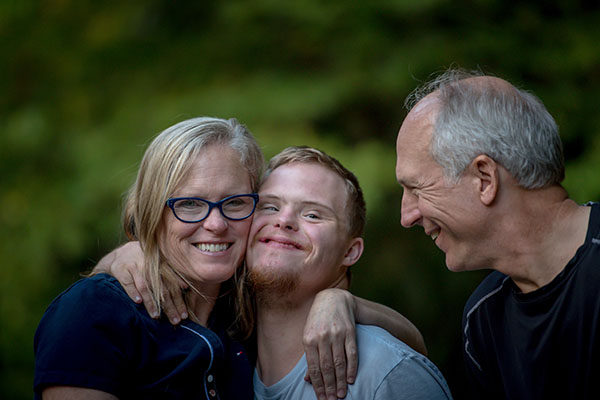Part a: project description
To address this project on feminist studies from an academic perspective, the form of a research paper would be chosen.
Feminism, as a cultural trend and a critical theory has a strong vitality and includes a variety of topics. This project mainly focuses on how gender has been constructed by social culture, as gender is not only a biological concept, but also is shaped as a part of social culture. Most of the female images appearing in mainstream media are mainly having a limited role in society. They mostly appear in the family sphere like taking care of their family members and doing chores. This ignores the talents and rich personalities of female individuals, but further strengthens the stereotype of female. Therefore, it is believed that if women are to be liberated from the oppression of men, they must understand they are constructed by social discourse. Then, it is possible for them to know how deconstruct and subvert male discourse and obtain their own right to speak. Considering the marginal status of women in the mainstream media, they urgently need a way that can truly reflect their own value.
Therefore, it is argued that it is of significance to provide a space for constructing female discourse in mainstream media, when discourse is mainly dominated by male, and female is in a weak position or is generally suppressed under the hegemony of male discourse, which works as a tentative research topic of the project. This is in line with the readings, and some daily observations of the oppression towards women caused by male-dominated discourse in the past. For a long period of time, there is a lack of female voice due to the lack of female discourse system. Influenced by traditionally social structure, men manipulate the right to speak and formulate all norms in human life. Compared to men, female life and existence thus have long been at the marginalized position. But recently, with the rise of female position in workplace and feminist trends, a lot of social media, journals, and organization should actively assume the mission of constructing female discourse. Such media can be different from the previous media. They shift the focus from men to women as an important social group, reflecting the real living conditions and values of women. The arrival of new media is expected to provide space for the construction of female discourse in the future.
At last, the project would be based on some key sources from the course. In the article “Thinking Sex: Notes for a Radical Theory of the Politics of Sexuality”, Gayle S. Rubin confirmed the relationship between sexuality, and society or history. This provides a support the generative and constructed dimensions of sex. In addition, Ho, Petula Sik Ying, and A. Ka Tat Tsang also remarked how people have to behave based on their assigned positions in “The (Charmed) Circle Game” . This backs up the influence of construction on female behaviour.
Part b: annotated bibliography
Demirhan, Kamil , and Çakır-Demirhan, Derya. “Gender and politics: Patriarchal discourse on social media.” Public Relations Review 41.2(2015):308-310.
This article is about how social media spread the dominant discourses in society, and different digital publics and discourses are needed to fight against the domination. This relates to my topic on how discourse is mainly dominated by one social group. The measures of alternative digital publics and discourses would be used to back a new construction of female.
Ho, Petula Sik Ying, and A. Ka Tat Tsang. “The (Charmed) Circle Game. Reflections on Sexual Hierarchy through Multiple Sexual Relationships.” Sex and Desire in Hong Kong, 2012, pp 192-194
In this chapter, it is mainly about social power, and personal power interact with cultural construction of gender, and assumed sexual identities. This backs my topic on how social or personal power constructs good or bad things about gender. This would be used to explain how social or personal power changes construction of female.
Rubin, Gayle S. “Thinking Sex: Notes for a Radical Theory of the Politics of Sexuality,” The Lesbian and Gay Studies Reader, edited by Henry Abelove, Michele Aina Barale, David M. Halperin, Routledge, 1993, pp 9-10.
It is argued by Gayle S. Rubin that sexuality is not only a biological concept, but also is closely related to society or history by citing a lot of works of scholars such as Foucault. This backs my topic on social construction of female. This would be used to explain the necessity to provide a social space for reconstructing female.








Leave A Comment